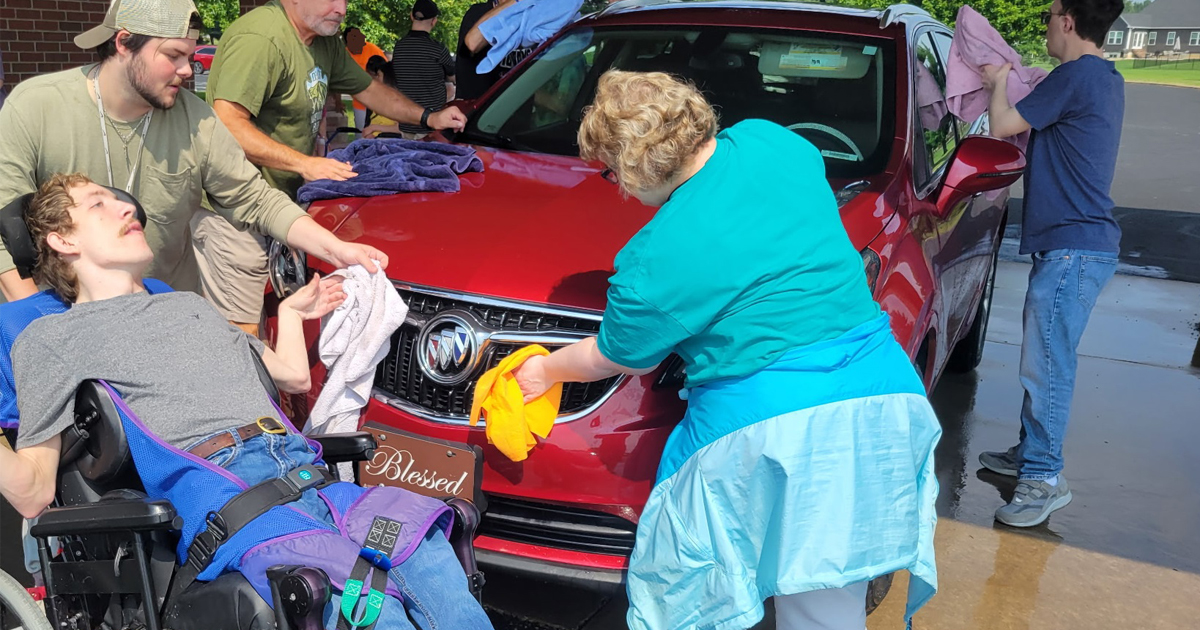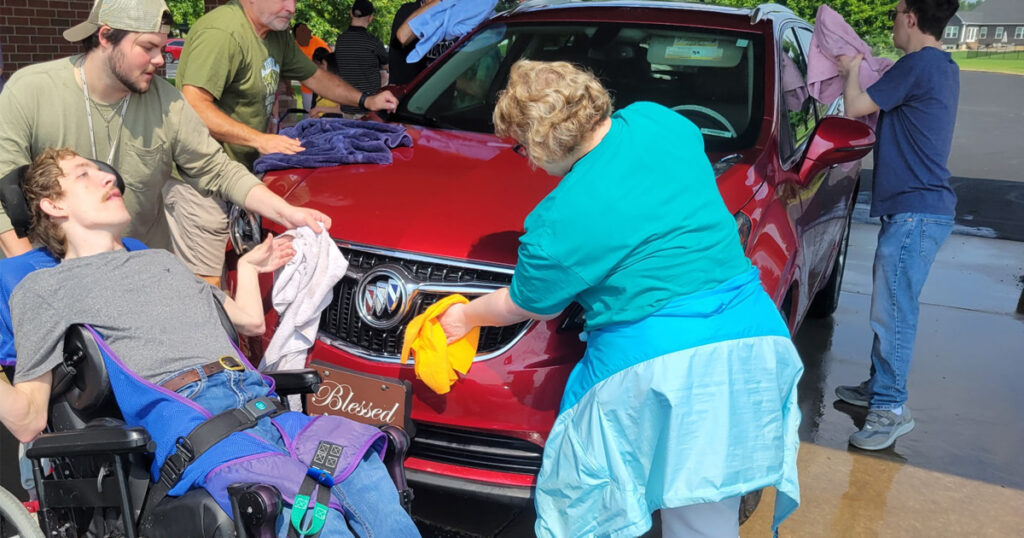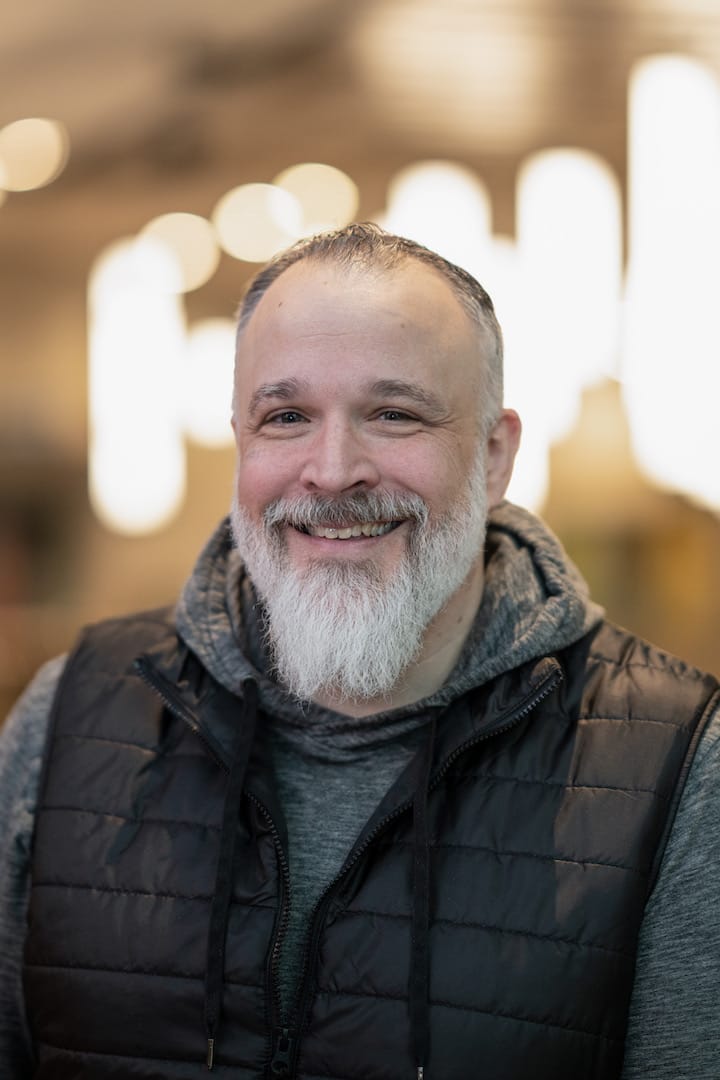

Do you ever feel like there is a Starbucks or a McDonalds on every corner of town? There may be a reason for that. Here are a few statistics to think about.
Now compare that to the number of counties there are in the United States. That number is 3,144. While the distribution of Starbucks and McDonalds is not equal everywhere you can see that there are approximately 5 Starbucks and 4 McDonalds per county in the United States. That seems like a lot! An easy conclusion to draw is that Starbucks and McDonalds are readily accessible to anyone who wants to partake of their food services.
While you think of the prevalence of options for Starbucks and McDonalds let me blow your mind with another statistic.
Do you know how many churches there are in the United States?
Okay let’s continue to do some math. If there are 3,144 counties in the United States that means, there are approximately 113 churches per county. Again, an easy conclusion to draw is that there are more than enough churches for anyone who wants to attend one. Maybe more than enough, right?
In general, the answer to that question is unequivocally yes. There literally is a church on almost every street corner!
But there is one exception despite the plethora of church buildings. That exception comes for individuals affected by disability and their families.
If the above statistic is true, that means that 320,400 churches have no form of disability ministry programing, outreach, or even strategies for inclusion. Why is that?
I want to believe it is strictly a matter of awareness or lack thereof. I want to believe that if Pastors are made aware that they would all jump to embrace the opportunity for creating inclusive environments for ALL people.
If the issue is a lack of awareness, where in Scripture do we see a model of advocacy that raises understanding and results in the launch of a needed ministry?
Look no further than Acts 6:1-7.
1 But as the believers rapidly multiplied, there were rumblings of discontent. The Greek-speaking believers complained about the Hebrew-speaking believers, saying that their widows were being discriminated against in the daily distribution of food.
2 So the Twelve called a meeting of all the believers. They said, “We apostles should spend our time teaching the word of God, not running a food program. 3 And so, brothers, select seven men who are well respected and are full of the Spirit and wisdom. We will give them this responsibility. 4 Then we apostles can spend our time in prayer and teaching the word.”
5 Everyone liked this idea, and they chose the following: Stephen (a man full of faith and the Holy Spirit), Philip, Procorus, Nicanor, Timon, Parmenas, and Nicolas of Antioch (an earlier convert to the Jewish faith). 6 These seven were presented to the apostles, who prayed for them as they laid their hands on them.
7 So God’s message continued to spread. The number of believers greatly increased in Jerusalem, and many of the Jewish priests were converted, too.
In Acts 6, the early church faced a crisis. The Greek-speaking widows were being overlooked in the daily distribution of food. The apostles could have ignored the problem, but instead they listened to the people’s concerns and responded by creating a structure of care. Seven leaders were appointed to ensure no one was left out. The result? The church grew, the Word spread, and even priests became obedient to the faith.
This story is more than church history—it’s a model for us today. In many churches, individuals with disabilities and their families are unintentionally overlooked. They may face barriers to worship, a lack of programs, or the silent assumption that their needs are “too much.” Just like in Acts 6, the church must listen, advocate, and act.
When someone raises the need for disability inclusion, it isn’t a distraction from ministry, it is ministry. By responding with compassion and practical solutions, churches reflect the heart of Jesus, who welcomed those the world often pushed aside.
The early church grew when it cared for those who were overlooked. The modern church can experience the same blessing when it recognizes and serves the disability community. Advocacy leads to action, and action leads to growth—not just in numbers, but in faithfulness to Christ.
Are there reasons a pastor might say “no” after someone raises awareness? Of course.
Many pastors already feel stretched thin, carrying the weight of countless responsibilities. When one more need is presented, even a good one can feel impossible to take on. But Scripture gives us a better way. In Acts 6, the twelve disciples didn’t stop their preaching to personally care for the widows; instead, they empowered trusted leaders to step in and meet the need. Pastors today can do the same. Rather than shutting the door on disability ministry, they can open the door for others in the church to lead. The mission moves forward when everyone plays their part.
What is your part to play? Is it to advocate, listen, or act?
Take a step today. Let us help. Ability Ministry offers free consultations for individuals and churches.


